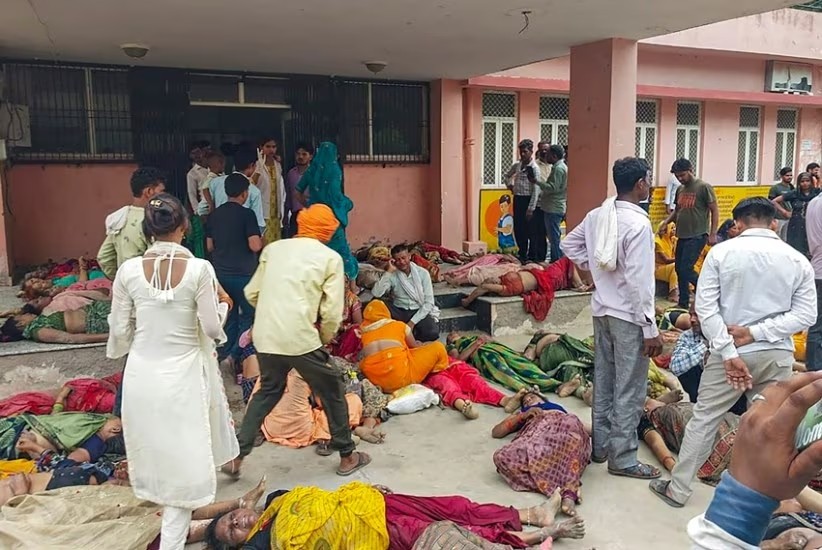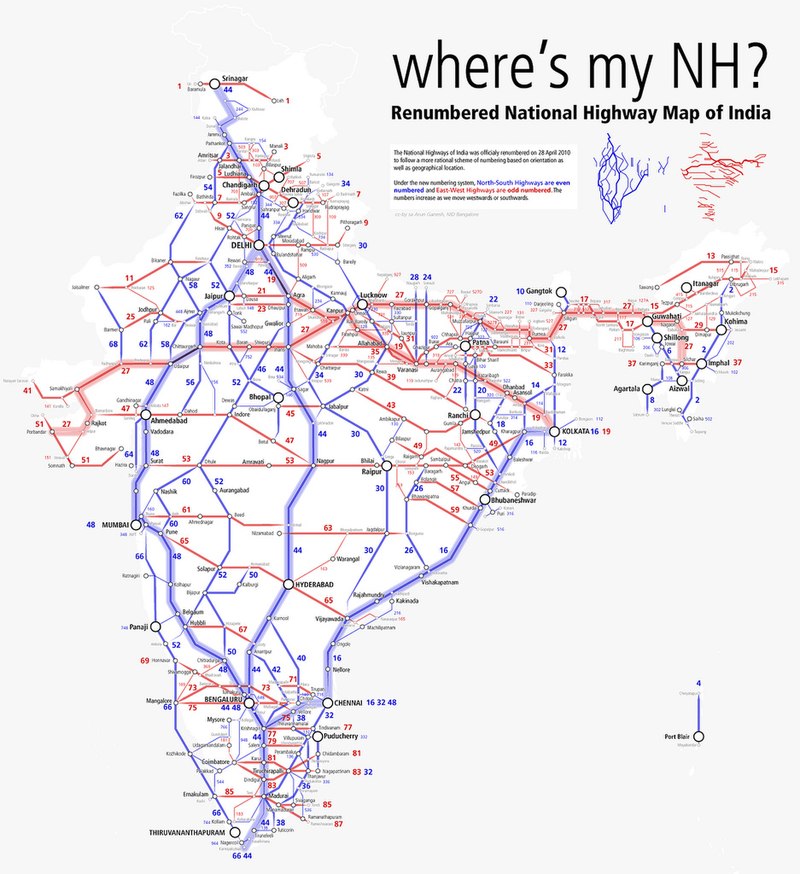Published: 4 months ago

World Affairs
Humanities
Summary
In a heartbreaking incident, at least 116 people have lost their lives in a catastrophic crush during a satsang in Hathras district, Uttar Pradesh. The victims, predominantly women and children, were trampled in a desperate attempt to escape the overcrowded event, exacerbated by a sudden dust storm.
Article
As the nation mourns, we must confront some uncomfortable truths about our society's blind devotion to religious gatherings and self-styled godmen.
Why Do People Flock to Satsangs? It's an age-old question that demands urgent scrutiny. Why do thousands of individuals, often from vulnerable sections of society, throng to satsangs, risking their lives in the process? These events, led by self-proclaimed spiritual leaders, promise solace and solutions to life's myriad problems. But what are these Babas offering that our government and institutions cannot?
The Charade of Spiritual Leaders The Babas and their satsangs have long been a controversial topic. These so-called spiritual leaders often capitalize on the fears and insecurities of the masses, presenting themselves as divine intermediaries capable of solving personal and societal issues. In reality, many of these figures are nothing more than charlatans, exploiting the faithful for personal gain. They provide temporary emotional relief, but at what cost? The Hathras tragedy is a stark reminder of the perilous consequences of placing blind faith in these individuals.
Where is the Government? The most troubling aspect of this phenomenon is the apparent abdication of responsibility by the government. Why do people turn to Babas instead of seeking help from governmental agencies? The answer lies in the pervasive lack of trust in public institutions. Rampant corruption, inefficiency, and a general sense of apathy have driven people to seek alternative solutions. Babas exploit this vacuum, offering hope where the government has failed.
A Call to Action This tragic event should serve as a wake-up call. It is imperative that we question the rationale behind attending these crowded, unsafe gatherings. The government must step up to regain the trust of the people by improving accessibility and efficiency in public services. Stricter regulations and safety measures for religious gatherings are also essential to prevent such disasters in the future.
A Society Misled The Hathras disaster is not an isolated incident. It reflects a deeper, systemic issue where faith is manipulated, and the masses are misled. As we mourn the victims, we must also question the societal structures that allow such tragedies to occur. Why do we continue to place our lives in the hands of individuals whose credentials are questionable at best? It's time for introspection and change.
Further Examples of Blind Devotion's Consequences This isn't the first time we've witnessed such tragedies. In 2018, around 60 people were killed after a train rammed into a crowd watching celebrations for Dusshera, a Hindu festival. In 2013, a crush at a Hindu festival in the central state of Madhya Pradesh killed 115 people. The common thread? Massive, unregulated crowds and inadequate safety measures.
Fiery Questions:
- Why do we still place our faith in Babas who exploit us instead of holding our government accountable for providing basic services?
- How many more lives must be lost before we wake up to the reality that these gatherings are a ticking time bomb?
- Why do we accept overcrowded, unsafe conditions at religious events but demand safety and regulation in other aspects of life?
The Charade of Spiritual Leaders The Babas and their satsangs have long been a controversial topic. These so-called spiritual leaders often capitalize on the fears and insecurities of the masses, presenting themselves as divine intermediaries capable of solving personal and societal issues. In reality, many of these figures are nothing more than charlatans, exploiting the faithful for personal gain. They provide temporary emotional relief, but at what cost? The Hathras tragedy is a stark reminder of the perilous consequences of placing blind faith in these individuals.
Where is the Government? The most troubling aspect of this phenomenon is the apparent abdication of responsibility by the government. Why do people turn to Babas instead of seeking help from governmental agencies? The answer lies in the pervasive lack of trust in public institutions. Rampant corruption, inefficiency, and a general sense of apathy have driven people to seek alternative solutions. Babas exploit this vacuum, offering hope where the government has failed.
A Call to Action This tragic event should serve as a wake-up call. It is imperative that we question the rationale behind attending these crowded, unsafe gatherings. The government must step up to regain the trust of the people by improving accessibility and efficiency in public services. Stricter regulations and safety measures for religious gatherings are also essential to prevent such disasters in the future.
A Society Misled The Hathras disaster is not an isolated incident. It reflects a deeper, systemic issue where faith is manipulated, and the masses are misled. As we mourn the victims, we must also question the societal structures that allow such tragedies to occur. Why do we continue to place our lives in the hands of individuals whose credentials are questionable at best? It's time for introspection and change.
In conclusion, the Hathras tragedy is a grim reminder of the dangers of blind faith and the urgent need for societal and governmental reforms. We must not let the lives lost be in vain. Let this be a turning point where we prioritize rationality over superstition, accountability over exploitation, and safety over blind devotion.
No opinions exist on this article yet!
Be the first one to share an opinion on this article.
This article does not have any attachments.
No Access
Share access to start recording your opinion










